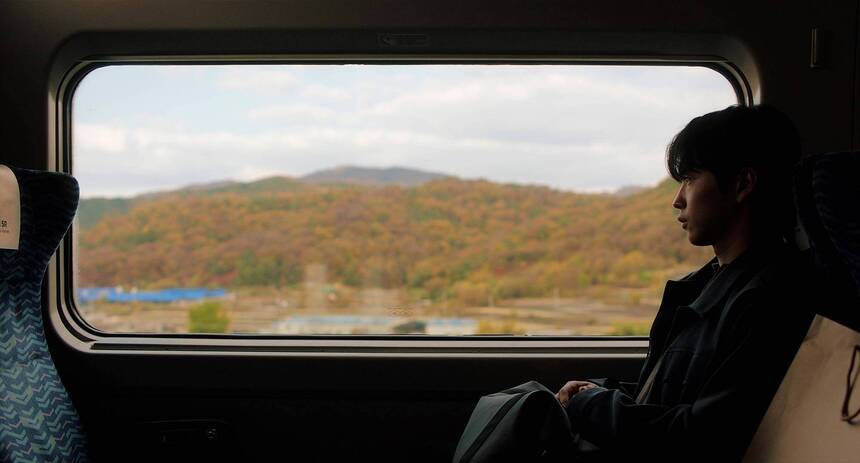Busan 2023 Review: HOUSE OF THE SEASONS, Evocative Family Drama Introduces Us to New Visual Talent

Oh Jung-min channels Kore-eda Hirokazu's Still Walking in his lyrical debut House of the Seasons. The film chronicles several difficult seasons in the life of a rural family, as the pull between tradition and modernity threatens to tear them apart.
The three-generation family in question runs a tofu-making factory in the countryside (in the staunchly conservative region surround Daegu, the director's hometown) and as the story begins on a hot and sunny summer's day, all its members are gathering to pay respects to their ancestors.
Beautiful food is being prepared and the family members, mostly happy to see one another again, fall back with a practiced ease into their familiar relationships: the grandmother who dotes on her grandson (she only turns the air conditioning on for him, not for her daughters slaving away in the kitchen), the picky grandfather incapable of offering anyone a compliment.
The grandson is a budding actor in Seoul and one of the daughters is moving to Vietnam with her husband, but for those who have remained at the family stead, by choice or circumstance, the family reunion forces them to confront their difficult emotions.
Everything is playful and idyllic during the day but as the sun is pushed down by the rural darkness and booze eats away at social restraint, the true face of this family comes crashing through the gate.
House of the Seasons is particularly effective in this intro summer chapter which, despite its strong resemblance to Still Walking, is engaging, naturalistic and teeming with lived-in texture. The striking house they gather in and the elegant framing of the cinematography only add to this effect.
Things go south for the family as the story pushes into fall and then into the barren winter, as the ravages of time usher in a changing of the generational guard. While a number of the scenes after this are impressive, including a terrific condolence-money counting session during a funeral -- a true actors' showcase, suffused with comedy and surprising emotions -- the film's evocative slice of life style is in a constant battle with the limited narrative.
Aside from facility with his cast, Oh guides the story with a keen and economic visual sense. A few key details are succinctly conveyed only through images, such as the inexorable pull that the family has on Seong-jin, the grandson. At the end of the summer segment, he's waved off as he hops into a taxi to the train station. In the next shot he's in the train, but it's the fall and he's heading back to the countryside.
Oh favors long takes, such as the extremely long ones that open and close the film, but while these go a long way towards establishing the film's compelling tone, they are sometimes light on detail and slow the already relaxed pacing to the point of seeming indulgent.
House of the Seasons fails to add something new to the genre -- its screenplay is too simplistic for that -- but it's an exemplary expression of a familiar format. It also introduces us to a director who cares enough about tone, technique and texture to make us hope that he will deploy his ample skills through a richer story the next time he gets behind a camera.







